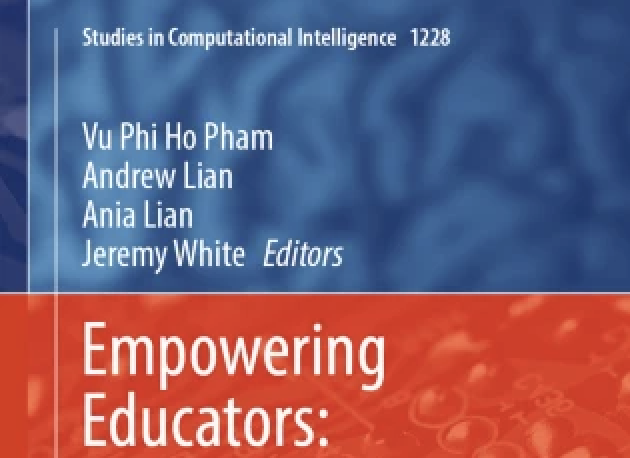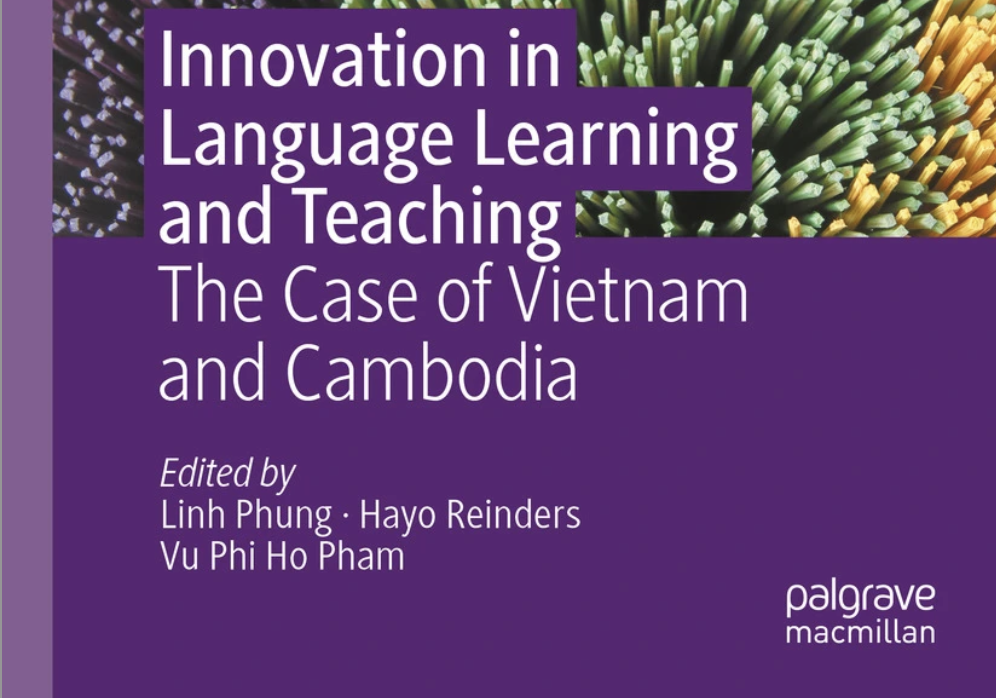Extensive research on E-peer comments was undertaken by researchers from all over the world. However, no studies were undertaken to compare lecturer e-comments to e-peer comments in order to improve e-peer comments. In addition, the consequences of the lecturer’s e-feedback or e-comments on student composition revision and e-peer commenting abilities have received little attention. The primary aim of this research was to examine if the educational strategy of lecturers presenting example e-comments to large groups of students was beneficial in teaching students how to be better e-peer commentators. A comparison of the e-peer comments and the lecturer’s e-comments as well as the impact of those e-comments on the writer’s revision was also carried out. Finally, we examined students’ views on the program and its consequences. We studied quantitative data from 26 written papers submitted by those who got the lecturer’s e-comments, as well as e-peer comments from group members. Additionally, 86 graduate students from two graduate classes answered questionnaires. The data collected during semi-structured interviews with twenty graduate students were evaluated as supplemental data in order to gain more detailed information for qualitative analysis.
The current study’s findings show that the overall quantity of words written in lecturer and e-peer comments is not statistically significant. Graduate students made more total e-feedback or e-comments on macro/global and micro/local issues than the instructor on their peers’ papers. Additionally, while e-peer comments on local concerns were much greater than lecturer comments, there was no statistically significant difference between lecturer and e-peer comments on global issues. However, a statistically significant difference in qualified comment delivery or revision-oriented remarks that encouraged revision was discovered between lecturer’s e-comments and e-peer comments on both global and local subjects. The instructor was more qualified when it came to global issues, but classmates were more capable when it came to local matters. Additionally, the study’s findings indicated that the lecturer’s sample e-peer comments exhibited in the classroom throughout the treatment had a substantial effect on the quality of the e-peer comments. Graduate students throughout the curriculum provided more informed e-comments (revision-focused remarks) on global topics in order to aid one another in enhancing their writing revision. At the same time, it appeared that local communities were underserved. According to the study, there was no statistically significant difference in the effects of lecturer and peer e-comments on writing revision. On the other hand, the difference between the total number of qualified comments and revisions was statistically significant. Graduate students were able to complete significantly more changes than they had anticipated. Finally, graduate students rated the lecturer’s e-comment and e-peer comment activities used in the treatments favorably. They confirmed that the e-comment activities assisted them in learning how to write academic papers and improved the quality of their writing. These e-comments aided in identifying areas for correction. The current study demonstrates the benefits of e-peer comment training for graduate students in terms of improving their writing quality and ability to write e-peer comments.
ISBN: 978-93-91473-13-6 (Print); 978-93-91473-14-3 (eBook)
DOI: 10.9734/bpi/mono/978-93-91473-13-6



